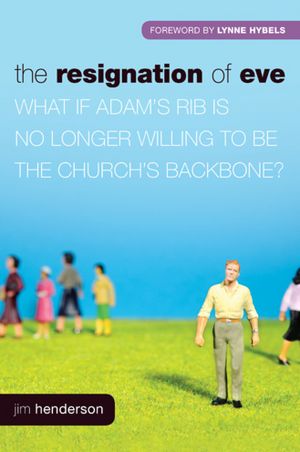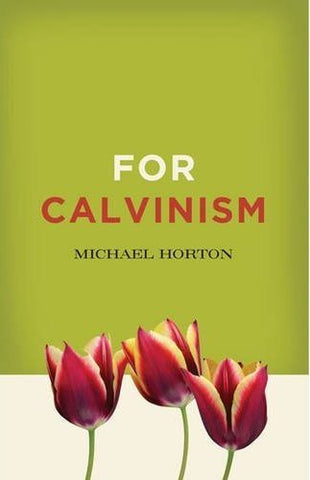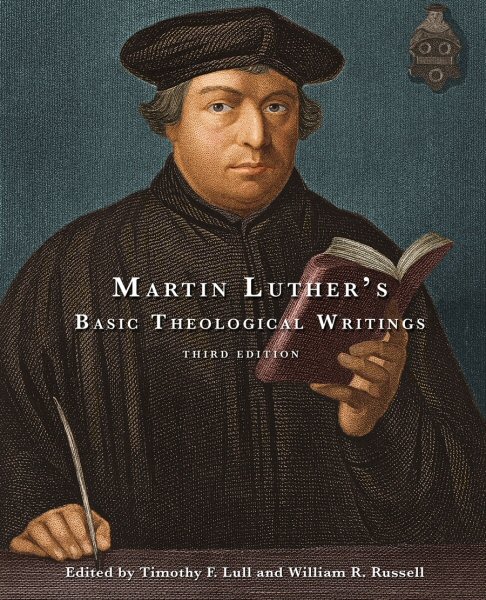by Jim Henderson
ISBN 978-14143-3730-2
Tyndale Publishers
Barna Imprint
Reviewed by Clint Walker

If you walk into most churches on Sunday morning, it is easy to notice a few things In most churches, it doesn't take a highly observant person to notice that the age of membership in most congregations continues to get older and older. In many churches, it does also fairly obvious to most observers that there are a lot more women at most church events than there are men.
Jim Henderson has noticed this trend. He also noticed a few other things. First of all, the culture of the church tends to burden more and more of the work of the ministry to competent women in the congregation. Secondarily, there are many women in the church that are willing to serve in the church, but they are not honored with a place of influence in the church. Instead they are dismissed, their gifts are denied, and their ministry is demeaned simply because it is done by a woman.
To speak about this phenomenon, Jim Henderson uses the language of "resignation". This has a triple meaning in the title of The Resignation of Eve. In light of many churches intentionally or not so intentionally devaluing women, some women resign themselves to less than ideal circumstances. Others leave the church because they believe it is untenable--the "resign" from church. Still others find ways to renegotiate roles and expectations within congregations and "Re-sign" up for service in the family of God.
What I enjoy about this book is that it speaks about issues in general, but then it tells a specific person's story to show the truth in what is being said. The stories of these women transcend age, race, and socio-economic status. They are well-creafted, and at credibility to Henderson's argument.
The Resignation of Eve both advocates for fuller inclusion of women in leadership, as well as honoring women more often for all they do for the church. In both senses, I agree with Jim Henderson and what it says in this fine book.








